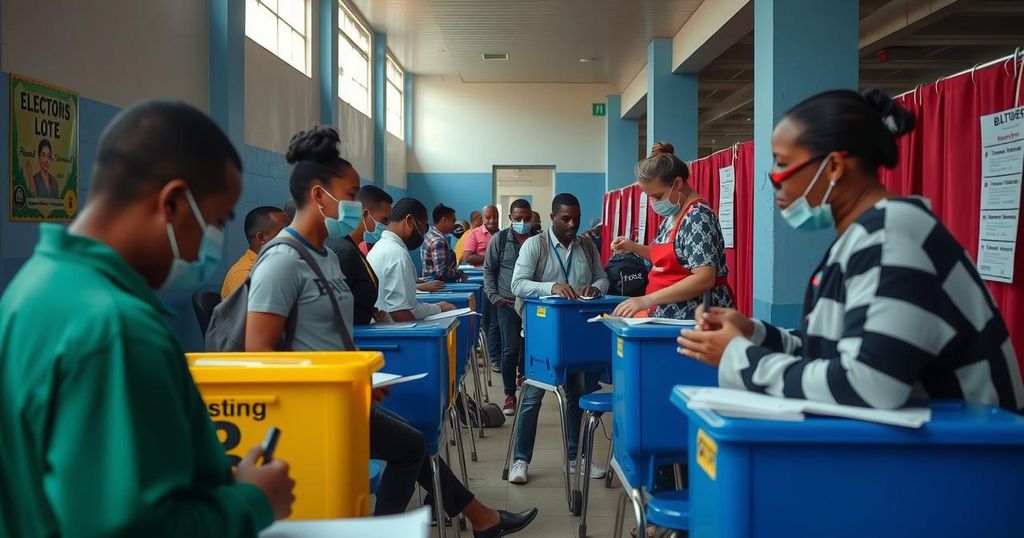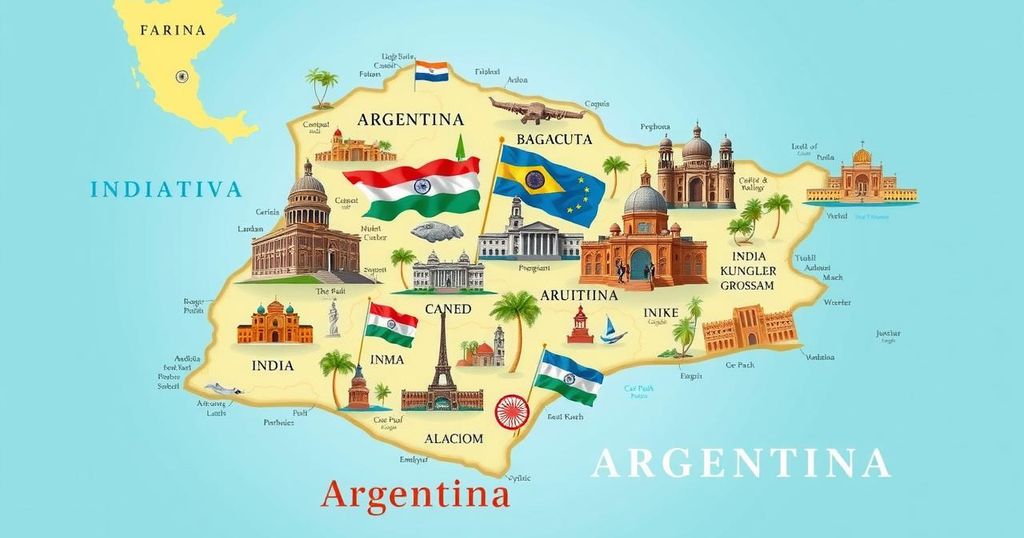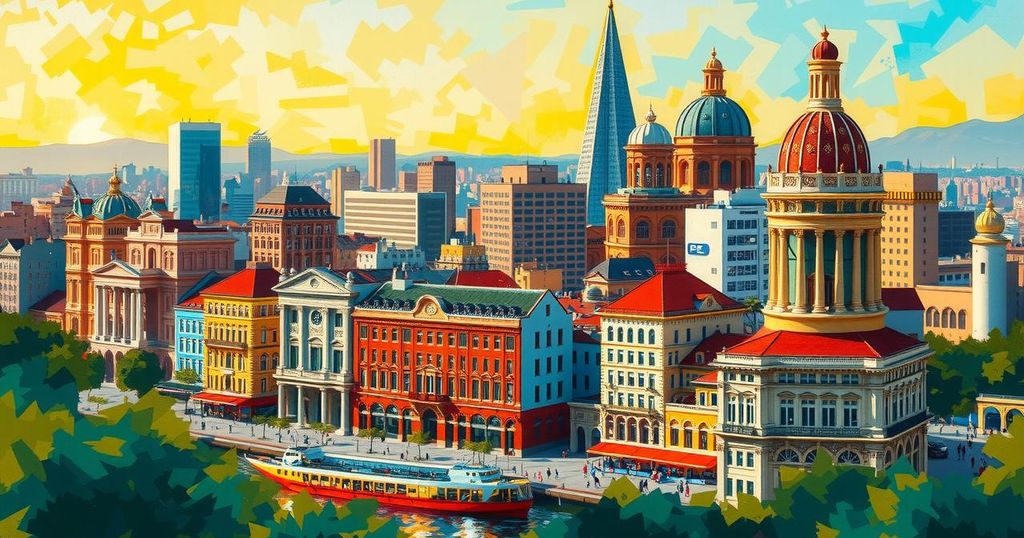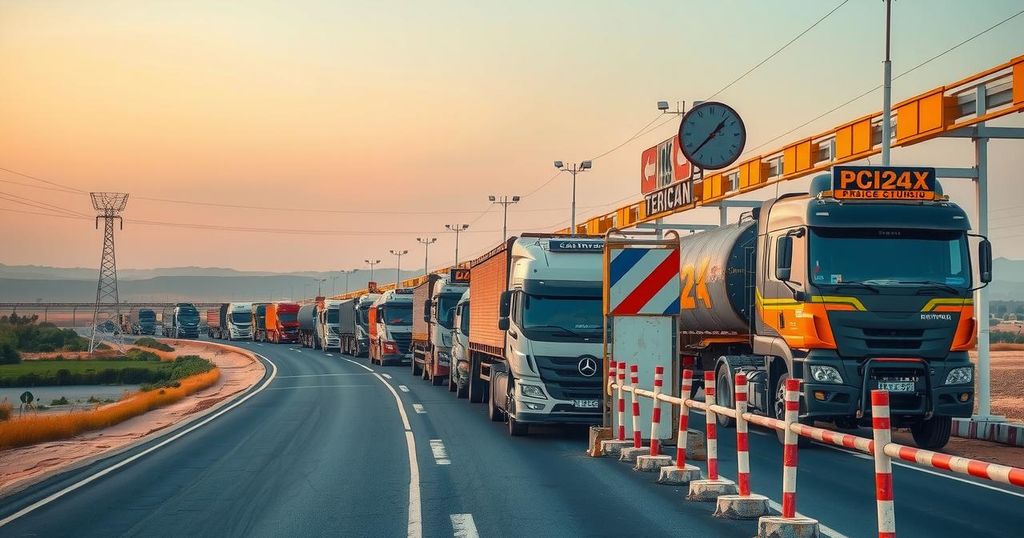Politics
AFRICA, ALLIANCE FOR CHANGE, AP, BRITAIN, CORRUPTION, DEMOCRACY, GOVERNANCE, GOVERNMENT, JOHANNESBURG, LA SENTINELLE, LABOUR PARTY, MAURITIUS, MOUVEMENT MILITANT MAURICIEN, NAVIN RAMGOOLAM, NAVIN RAMGOOLAN, PORT LOUIS, PR, PRAVIND JAGNAUTH, PRAVIND JUGNAUTH, SAHARAN AFRICA, SEYCHELLES, SOUTH AFRICA
Leila Ramsay
0 Comments
Mauritius Holds Elections as Ruling Party Seeks Second Term for Prime Minister
Mauritius conducted parliamentary elections on November 10, 2024, to determine if Prime Minister Pravind Jugnauth could secure a second term, following criticisms of governmental actions such as a social media ban instigated by a wiretapping scandal. Approximately 1 million voters participated in this pivotal election, the twelfth since independence in 1968, determining leadership within one of Africa’s most stable democracies.
Mauritius held a parliamentary election on Sunday, November 10, 2024, seeking to secure a second consecutive five-year term for Prime Minister Pravind Jugnauth and his ruling Militant Socialist Movement party. The election is significant as it follows criticism faced by Jugnauth’s government due to a government-imposed ban on social media, sparked by a recent wiretapping scandal that involved leaked conversations among various sectors, including political figures and journalists. Although the ban was lifted shortly thereafter, it has raised alarm among opposition groups and civil society at large. With over 1 million registered voters participating, this election marks the twelfth since Mauritius gained independence from Britain in 1968. In the previous elections held in 2019, Jugnauth’s coalition secured a parliamentary majority, solidifying his leadership. The current opposition, led by Navin Ramgoolam’s Alliance for Change, poses a formidable challenge to the ruling party. Mauritius is renowned for its stable democracy and economy, built primarily around finance, tourism, and agriculture. Positioned approximately 2,000 kilometers off the eastern coast of Africa, the island also has developed a strong Human Development Index ranking, coming second only to Seychelles within the continent. Despite facing setbacks due to the COVID-19 pandemic, the World Bank has hailed Mauritius as a “beacon of success for sub-Saharan Africa,” noting its impressive growth trajectory since independence. In this election, citizens are voting for 62 parliamentary seats, with the winning party or coalition tasked with forming the government and selecting the prime minister, in addition to eight lawmakers nominated by the Electoral Supervisory Council.
Mauritius is recognized for its stable political environment and economic prowess within Africa. Following independence from British rule in 1968, the nation has established a system of governance marked by regular elections and political participation. The ruling Militant Socialist Movement led by Prime Minister Pravind Jugnauth has garnered attention for its economic policies and governmental decisions, particularly regarding societal issues like internet freedom. The current election reflects ongoing political dynamics and public response to governmental actions, including recent restrictions on social media.
In conclusion, the parliamentary elections in Mauritius are emblematic of the country’s robust democratic processes and political engagement. With Prime Minister Pravind Jugnauth seeking a second term amidst criticism of recent government actions, the outcome will significantly impact the nation’s future direction, showcasing the electorate’s priorities in areas such as governance, economic management, and civil liberties. The participation of over 1 million voters underscores the importance of this election in a country often viewed as a model of stability and development in the region.
Original Source: apnews.com




Post Comment